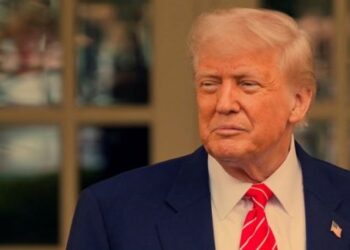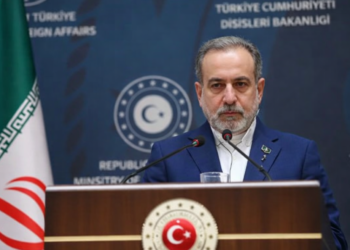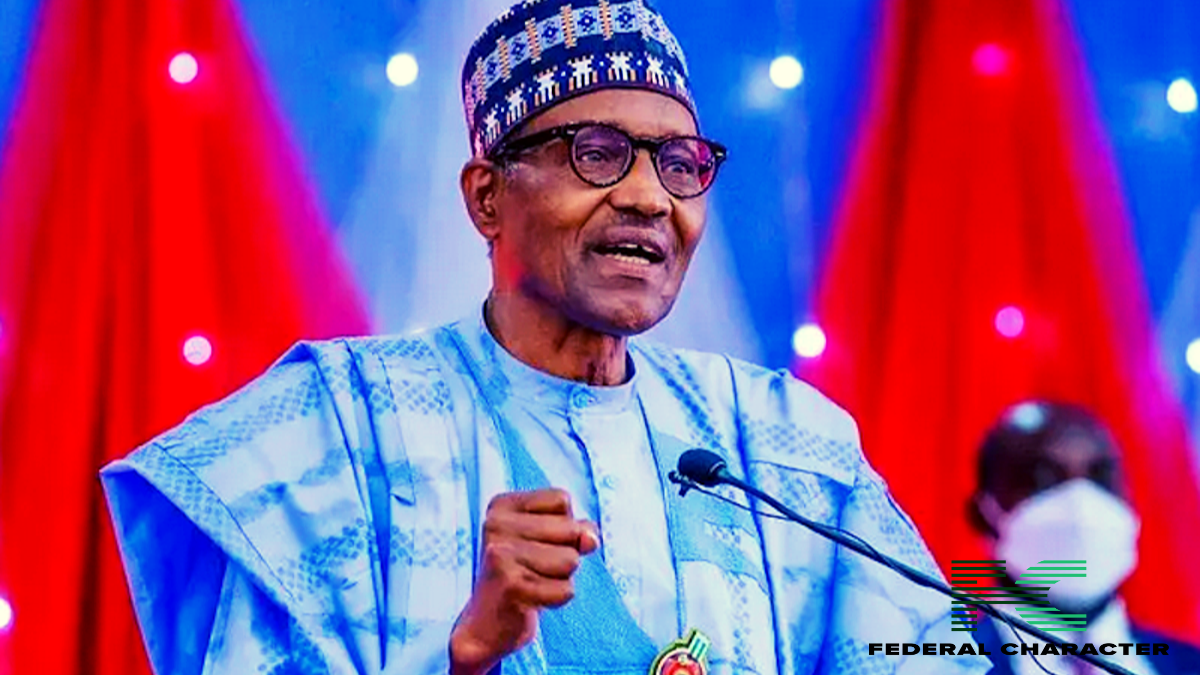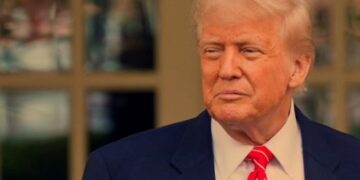Venezuelan President Nicolas Maduro has been engaged in an ongoing feud with Elon Musk, the owner of X, marked by mutual criticisms on the social media platform. Amid the controversy surrounding the recent Venezuelan presidential elections, Maduro has announced a 10-day ban on X in Venezuela. He accused Musk of inciting hate, civil war, and death, resulting in the platform’s temporary suspension.
Ongoing Feud
Maduro and Musk have had a contentious relationship on X, frequently trading insults and jabs in the comment section. Musk has compared Maduro to a donkey, while Maduro has blamed Musk for exacerbating protests and dissent related to the election. Both figures have even challenged each other to online confrontations through X and Venezuelan state television.
Big Tech Conflict
This latest move against X follows Maduro’s recent call for supporters to abandon Meta-owned WhatsApp in favor of alternatives like Telegram or WeChat. Maduro alleged that WhatsApp was being used to threaten the families of soldiers and police officers.
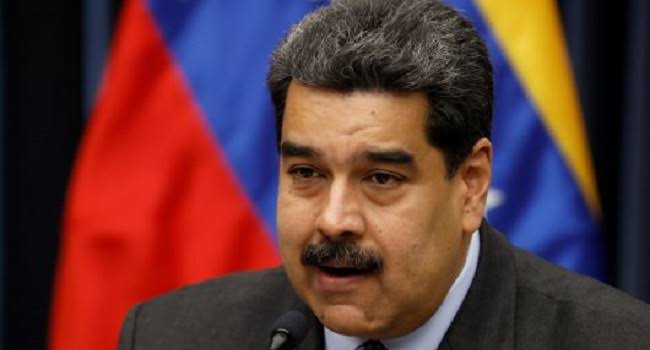
Controversy Background
Venezuela’s electoral authority declared Maduro the winner of the July 28 presidential election with approximately 51% of the vote, though the official vote tallies have not been released. The announcement has been met with accusations of fraud and widespread protests. The Venezuelan Observatory for Social Conflict reports at least 23 deaths in the unrest.
Protests have erupted both in Venezuela and abroad, with demonstrators demanding Maduro’s resignation and recognition of opposition candidate Edmundo Gonzalez’s purported victory. The opposition, led by Maria Corina Machado and Gonzalez, claims to have evidence showing Gonzalez won with over 7 million votes compared to Maduro’s 3.3 million, a result consistent with independent exit polls.
Reacting to the Controversial election results, the U.S., Argentina, and Chile have refused to recognize Maduro’s victory, calling for transparency and the release of the vote tallies. Foreign ministers from Mexico, Colombia, and Brazil have urged Venezuela’s electoral authority to publish the vote tallies. In contrast, China and Russia have congratulated Maduro on his win.
Crackdown on Dissent
In response to the protests, Venezuelan security forces have conducted a crackdown, claiming more than 2,000 arrests. However, advocacy groups argue that many of those detained are peaceful demonstrators targeted for repression. Brian A. Nichols, U.S. Assistant Secretary for Western Hemisphere Affairs, condemned the repression and censorship, emphasizing that the international community is watching.
Impact of Social Media on Venezuelan Outrage
X, the social media platform, has been pivotal in amplifying the growing outrage among Venezuelans regarding the election results. The platform has drawn significant attention from the Venezuelan government, particularly due to the personal conflict between President Maduro and Elon Musk.
Significance of Social Media Crackdowns
The crackdown on X in Venezuela highlights a broader trend of countries imposing restrictions on social media platforms. This practice underscores the critical role social media plays in information dissemination and communication on a global scale. Venezuela’s actions reflect a wider pattern where governments target platforms that facilitate dissent and mobilization.


